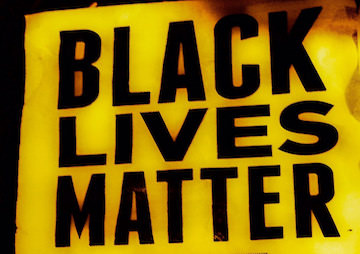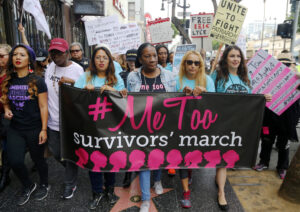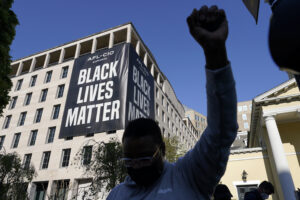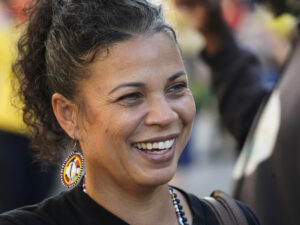Study Confirms Racial Bias in South Carolina Criminal Sentences
Academics find that judicial penalties applied to African-Americans in South Carolina were consistently harsher than those meted out to their white counterparts. Wilton Blake / CC BY-ND 2.0
Wilton Blake / CC BY-ND 2.0
Academics have found that judicial penalties applied to African-Americans in South Carolina were consistently harsher than those meted out to their white counterparts.
Calling the findings “troubling,” one author said: “It is particularly concerning that this pattern of disparity appears to be affecting African American offenders with limited criminal histories or for less severe crimes.”
The Guardian reports:
The study, published on Monday by the University of Sheffield, looked at 17,000 decisions from South Carolina courts. It identified clear patterns of racial bias in court sentencing decisions: petty criminals who are black, for example, are more likely to be jailed than their white counterparts and black offenders will likely serve longer sentences for low severity crimes.
Not only were black people with lower levels of criminal history more likely to be jailed, the study found, but the likelihood of custodial sentences increased by 43% for those with no past criminal history.
Analysis of the figures from 2000, the last year South Carolina released them, revealed that while the probability of incarceration may be relatively low for white and black offenders with no to moderate prior convictions, it is not the same.
Analysis showed disparities ranging from incarceration for 43% of defendants with no criminal history to 26% with minimal history and 10% for those with moderate histories. Career criminals were treated almost identically.
Read more here.
—Posted by Alexander Reed Kelly.
Your support matters…Independent journalism is under threat and overshadowed by heavily funded mainstream media.
You can help level the playing field. Become a member.
Your tax-deductible contribution keeps us digging beneath the headlines to give you thought-provoking, investigative reporting and analysis that unearths what's really happening- without compromise.
Give today to support our courageous, independent journalists.






You need to be a supporter to comment.
There are currently no responses to this article.
Be the first to respond.